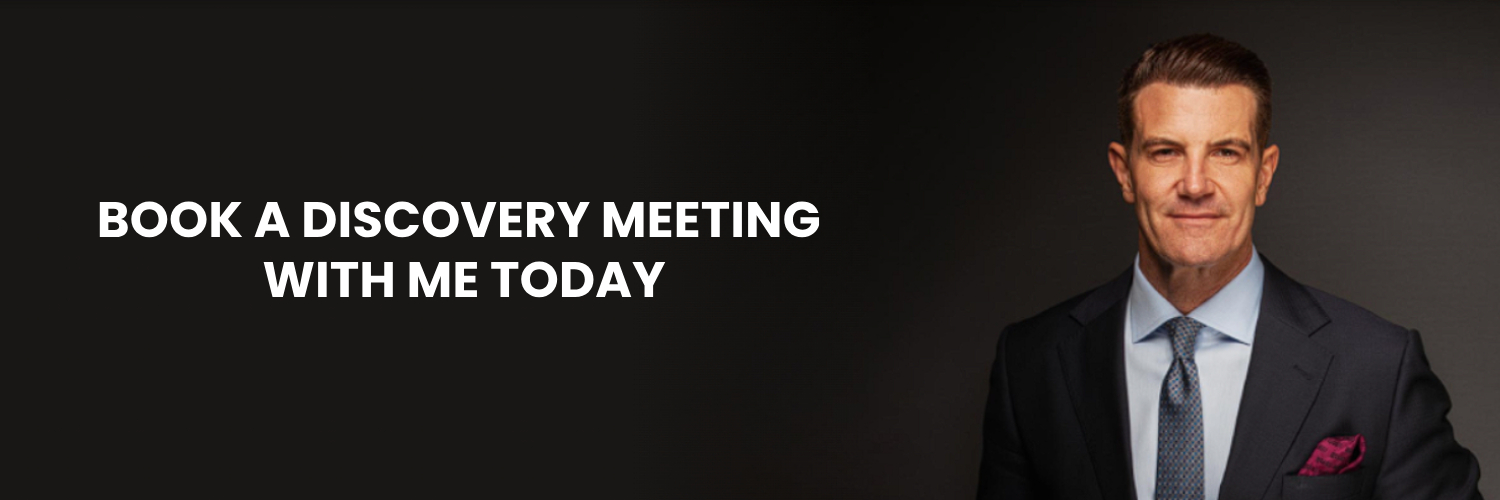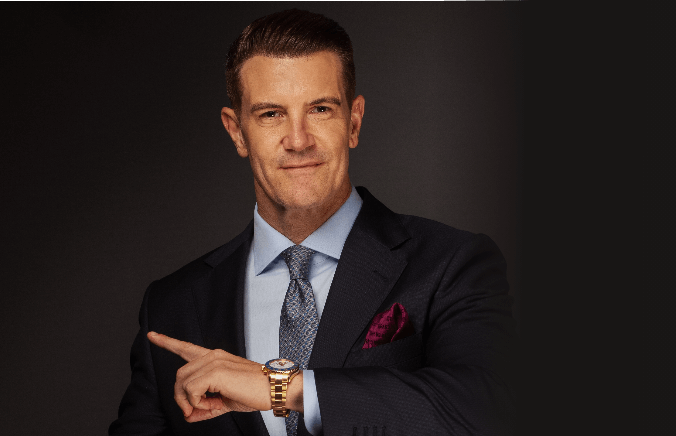
Home 15 Secrets Of Making New & Long-Lasting Relationships

15 Secrets Of Making New & Long-Lasting Relationships
|
Getting your Trinity Audio player ready...
|
It is so important to build new, healthy, and long-lasting relationships, so I have listed below 15 social skills that will help you:
1. Eye contact
Those that make eye contact are judged as more intelligent. Eye contact is an easy and effective way to convey competence.
2. Smile
Don’t underestimate the power of your smile… it’s a simple, no skill required and effective way to convey warmth. Add in a few laughs, as people unconsciously copy the body language of the person they are in conversation with.
3. Charisma
Along with the smile, throw in a bit of charisma. Charisma is simply contagious, and this effect will create a warm feeling about you even after the conversation has ended.
4. Focus
Do not use or play with your phone when in a conversation! You will learn from the following points that your full attention is required in order to give someone a positive feeling about you.
5. The handshake…
A good handshake is a sign of confidence. Not too hard, and definitely not too soft. A handshake is most often than not the first thing you do when you meet somebody. It plays a big part in the first minute or so whilst the person you are talking with makes their “unconscious” decision about you.
6. Names
Get the name right and say it! Beginning, mid-conversation or at the end makes everyone feel good when they hear their name. It means a lot of things, however, the most important one is that they made the effort to remember your name during the 5 seconds of being introduced to you.
If you find this difficult to do, think up a strategy that may work for you. Sometimes images or name rhymes work. I find that the more you repeat the name in conversation, it sticks. I know some people that write the names on their phones with a brief description so that they remember. There are many tools, and this is a really good habit to have, so choose your strategy and implement it.
7. Don’t just listen — actively listen
Always listen more than you speak. People like to feel that they are interesting. The more you talk about yourself, the less appealing you come across and the shorter the conversation will be.
Simply hearing words doesn’t cut it. Likeable people show that they’re listening to the person they’re talking to.
Active listening requires four steps: hearing, interpreting, evaluating, and responding.
8. Accepting compliments
This is one that the majority of people struggle with. If you haven’t nailed this social skill yet, you are either coming across as shy and socially awkward or egotistical and if I am honest, I’m not sure which is worse!
My tip would be to always add a “pick up” phrase after the thank you. i.e. “Thanks! Glad you noticed” or “thank you, I’ve never done it before”.
9. Compliment
Flattery grabs people directly by their ego and is therefore extremely effective – seriously, this one works every time!!
Although it works every time, it also carries the biggest risk, as you don’t want to seem “cheesy”, so you must get the balance right and be genuine.
10. Understanding
Saying “I’m sorry” when someone tells you about something bad that happened to them is an effective way to show that you’re putting yourself in their shoes and are trying to relate. This further strengthens the trust.
11. Body Language
Body language and posture is everything, so stand and sit up straight. Shoulders back, and chin level with the floor.
Body language is a very powerful skill, if you have a bad posture you can come across as unapproachable or lazy. This can be very negative, as nobody will approach you, and you instantly fall into the “unlikeable” group.
12. Be positive
Whatever you do, do not be a Debbie Downer!! Negative attitudes, and having a bad word to say is an extreme turn-off. Being around negative conversations is 100% draining, and people avoid it at all costs.
If you don’t agree or like something, change the subject – quick!
13. Make everyone feel included
Not only can it be intimidating walking in a room of people you don’t know, but feeling alone makes it all that bit worse. When in conversation, include everyone paying attention. Talk and make eye contact with everyone.
Everybody wants to feel included.
14. Don’t jump to conclusions
Sometimes, our brains can cause us to jump to conclusions about people. This can cause us to become more closed off. In order to avoid getting the wrong impression of anyone.
The problem with making a ‘snap judgement’ is we make them with a ‘low-level structure’ in our brain. This implies that little reasoning is employed when we initially attribute character traits to someone.
15. End a conversation right
Your final words can leave a lasting impression on a person, so use them right.
Make your last communication a nice and positive statement.
Again, this does not require any social skill set, however, will make all the difference.
So there you have my 15 social skills that will help you to build new and long-lasting relationships.
About Mike Coady
Mike Coady is an expat expert based in Dubai and is on hand to help with all of the above and more.
Mike is an award-winning money coach and industry leader in the financial sector.
Qualified to UK Financial Conduct Authority (FCA) standards, a member of the Chartered Insurance Institute, a Founding Fellow of the Institute of Sales Professionals (FF.ISP), a Fellow of the Institute of Directors (FIoD) and featured as a highly qualified Financial Adviser in Which Financial Adviser.
To learn how to choose a great financial adviser, download our free guide.
Blog published by Mike Coady.
Related
You May Also Like

43 Top Money-Saving Tips for Western Expats in the Middle East – A Comprehensive Guide
Navigating the cost of living as a Western expat in the Middle East can be a unique challenge,...

South African Expat Tax Update 2024
South African expatriates should not only understand the newly implemented 2023/2024 tax laws, which aim at taxing their...

British Expats – please cancel your Premium Bonds now!!
“They are nowhere near as good as they used to be and now that you are an expat,...
DISCLOSURE:
mikecoady.com, the website, does not provide financial, investment or tax advice. It is specially designed to provide its users with general information. It does not give individual or specific advice on which products or services are the most appropriate for an individual’s particular circumstances. We may from time to time publish content on this site that has been created by affiliated or unaffiliated contributors.






